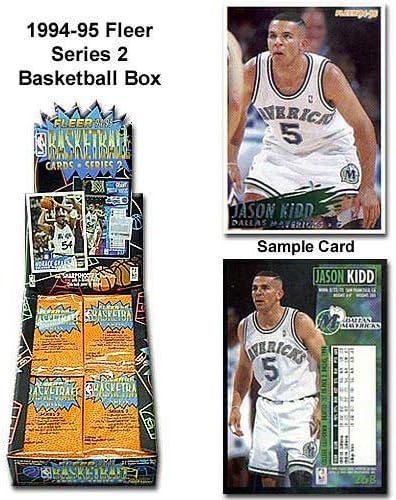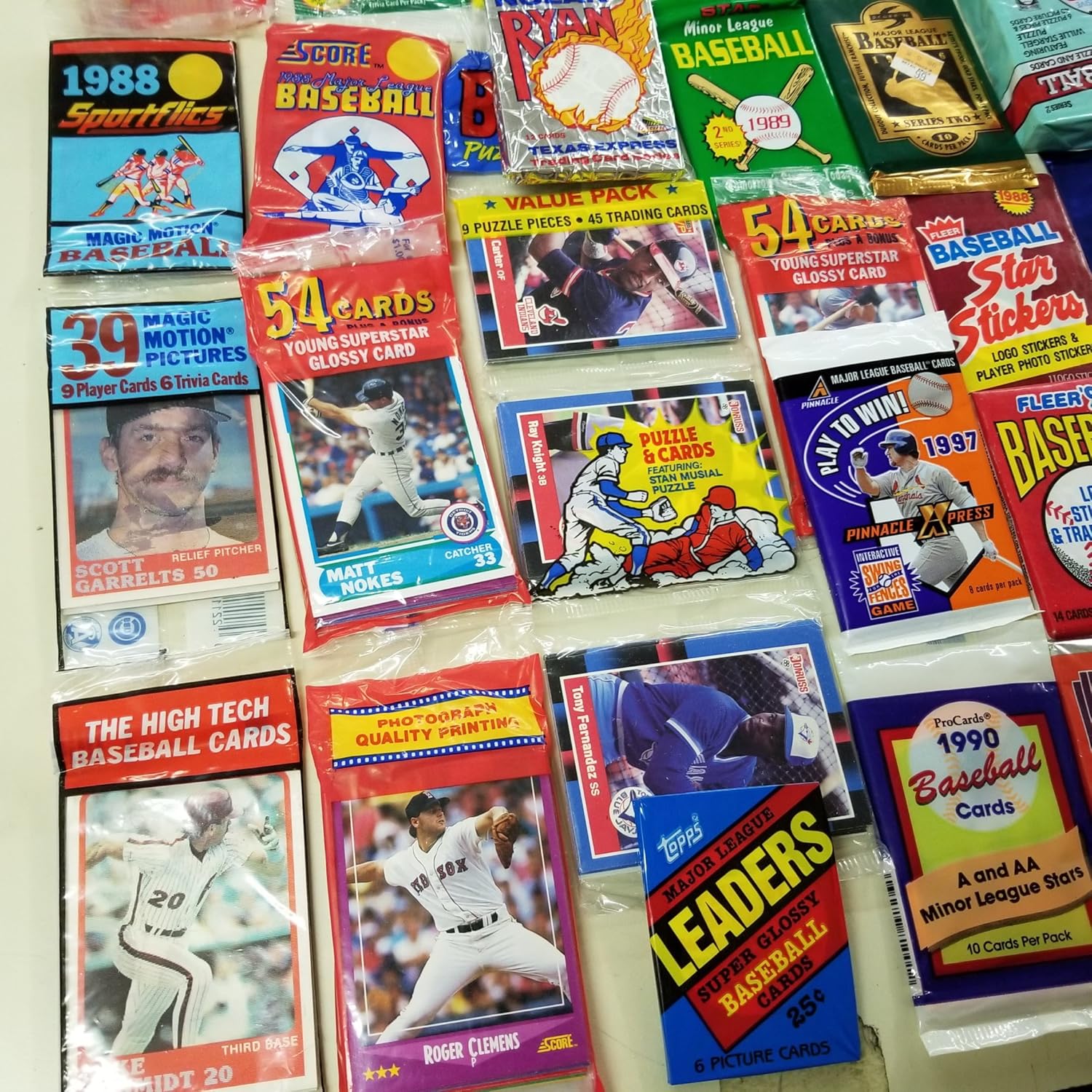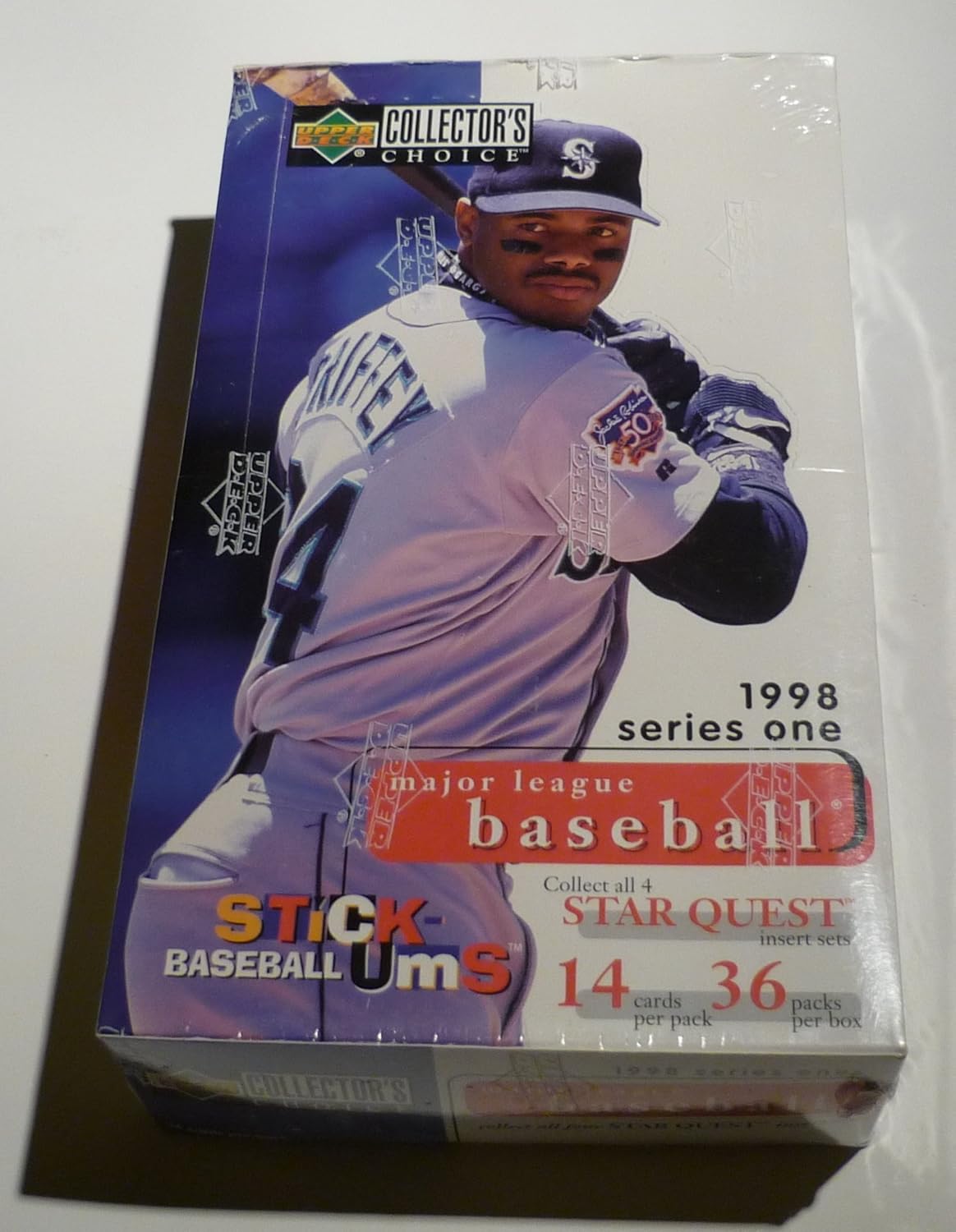In the world of collectibles, few items hold as much nostalgia and potential value as unopened sports card boxes. For many enthusiasts, these boxes are not merely cardboard containers; they are time capsules that preserve a moment in sports history. This article explores the significance of unopened sports card boxes, their impact on collectors, and the broader implications for preserving sports history.
The Allure of Sports Cards
Sports cards have long been a staple of American culture, representing a unique intersection of sports, art, and commerce. The appeal of sports cards extends beyond nostalgia for childhood memories; they also serve as a form of investment. The market for sports cards has exploded in recent years, with certain cards fetching millions at auction.
- Investment Potential: Many collectors view unopened boxes as a safer investment than single cards, as the contents remain a mystery and can yield valuable surprises.
- Historical Significance: Unopened boxes can encapsulate entire seasons or eras, preserving the stories and legacies of athletes who have shaped sports history.
- Nostalgia Factor: For many collectors, unopened boxes evoke memories of childhood excitement when opening packs of cards.
A Brief History of Sports Cards

The first sports cards emerged in the late 19th century, often included in tobacco products. Over the decades, they evolved from simple images to intricate designs featuring player statistics and biographies. Some key milestones in sports card history include:
- 1909-1911 T206 Set: Known for its iconic Honus Wagner card, this set is often considered the “holy grail” of sports cards.
- 1986 Fleer Michael Jordan Rookie Card: This card marked the beginning of the modern sports card era and significantly increased interest in basketball cards.
- 1990s Boom: The sports card market exploded in the 1990s, leading to mass production and a subsequent crash.
The Role of Unopened Boxes in Collecting

Unopened boxes serve several important roles in the collecting community:
- Preservation: They protect the contents from damage and degradation over time, ensuring that the cards remain in mint condition.
- Investment Security: Collectors often purchase unopened boxes as a hedge against market fluctuations, as the potential value of the box can appreciate significantly.
- Anticipation: The thrill of the unknown drives collectors to seek unopened boxes. The chance of pulling a rare card adds a layer of excitement to the hobby.
The Investment Landscape

The investment potential of unopened sports card boxes has garnered attention from both seasoned collectors and new investors. According to market analysis, the sports card industry has grown exponentially, with the market projected to reach over $5 billion by 2025. This surge has been fueled by several factors:
- Celebrity Athletes: The rise of athlete brands and the increasing popularity of sports figures have made their rookie cards highly sought after.
- Rarity and Scarcity: Limited production runs and unopened boxes create a sense of scarcity, driving up demand and prices.
- Online Platforms: The emergence of websites and auction houses dedicated to sports cards has made it easier for collectors to buy and sell unopened boxes.
Case Studies: Unopened Boxes That Changed the Game

Several unopened sports card boxes have made headlines due to their staggering values. Here are a few notable examples:
- 1986 Fleer Basketball Box: An unopened box of 1986 Fleer basketball cards, featuring Michael Jordan’s rookie card, sold for over $1.8 million in 2021, showcasing the box’s immense value.
- 1993 SP Baseball Box: A sealed box of 1993 SP baseball cards, which includes Derek Jeter’s rookie card, fetched $1.3 million at auction, emphasizing the ongoing demand for rare boxes.
- 1980 Topps Football Box: An unopened box of 1980 Topps football cards, featuring legends like Joe Montana, was sold for $1.2 million, illustrating the wide appeal of unopened boxes across various sports.
Preserving Sports History Through Unopened Boxes

Unopened sports card boxes do more than serve as collectibles; they play an essential role in preserving sports history. The contents of these boxes often reflect cultural moments, societal changes, and the evolution of sports over time.
- Cultural Reflection: The athletes featured in these boxes often represent significant cultural moments, making them valuable historical artifacts.
- Education: Unopened boxes can serve as educational tools, teaching future generations about sports history, economics, and marketing.
- Community Building: Collecting unopened boxes fosters community among enthusiasts, creating spaces for discussion, sharing stories, and building connections.
The Future of Unopened Sports Card Boxes

As the sports card market continues to evolve, so too will the significance of unopened boxes. Several trends are shaping the future of this niche:
- Increased Digitalization: The rise of blockchain and digital collectibles may influence how collectors value physical unopened boxes.
- Global Market Expansion: As sports gain popularity worldwide, international collectors may drive demand for unopened boxes, further elevating their status.
- Sustainability Concerns: The push for sustainable practices in the collectibles industry may lead to new approaches for packaging and preserving unopened boxes.
Unopened sports card boxes are much more than mere collectibles; they are vital pieces of sports history, investment opportunities, and nostalgic reminders of past eras. As the market for sports cards continues to grow, so does the significance of these unopened boxes. They encapsulate the thrill of discovery, the stories of legendary athletes, and the cultural heritage of sports. By preserving unopened boxes, collectors not only safeguard their potential financial value but also contribute to the ongoing narrative of sports history. The future of unopened sports card boxes looks bright, as they continue to inspire both collectors and historians alike, ensuring that the legacy of sports remains alive for generations to come.




